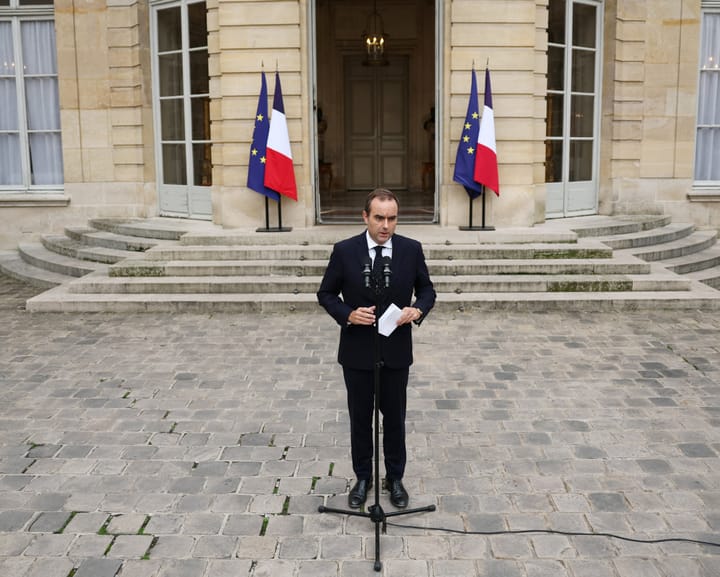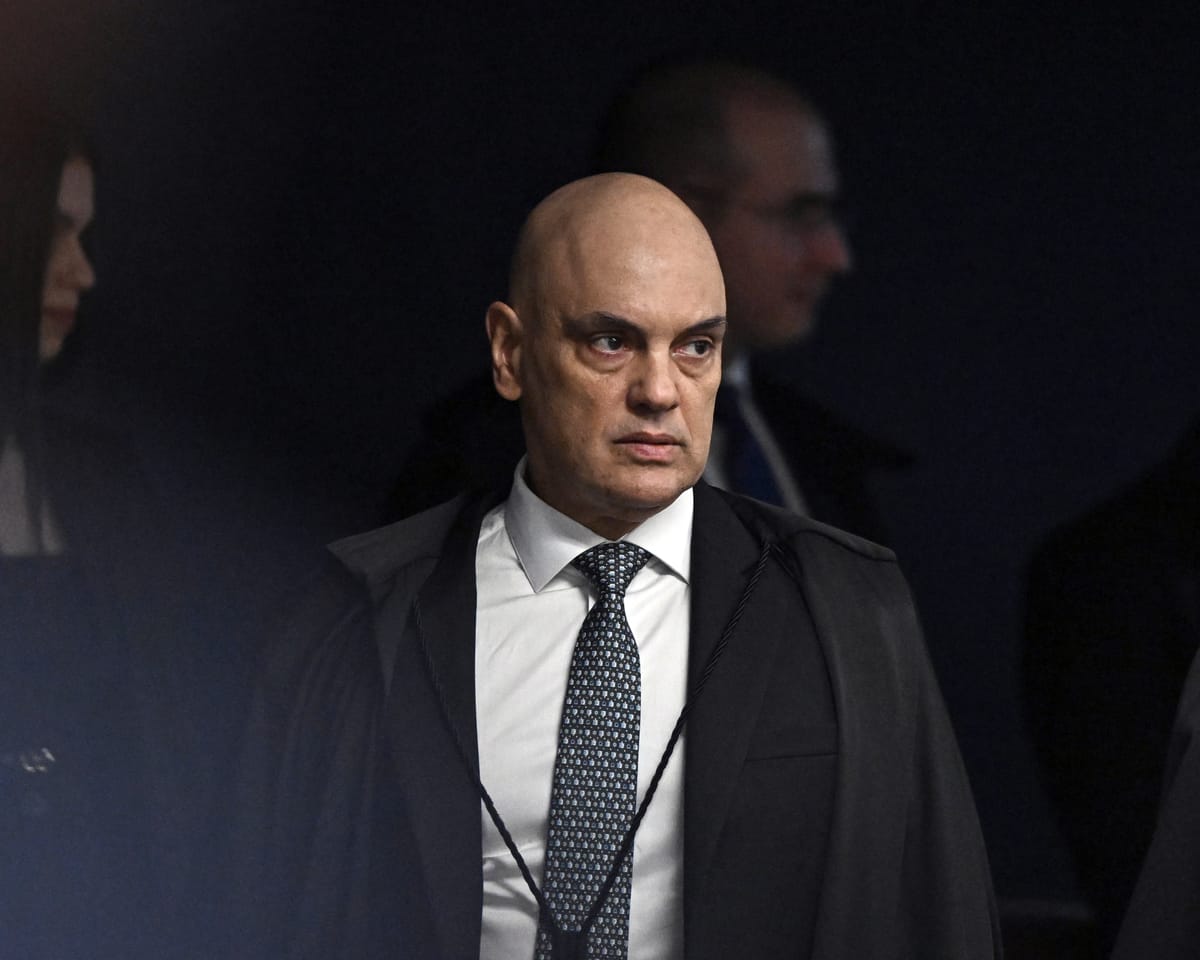Tattoo artist Bruno Ferreira has spent 25 years creating images of superheroes and famous personalities on the skin of Brazilians, from Wonder Woman and Batman to sports legends like Ayrton Senna and Pelé.
But when Adauto Gomes Nascimento visited his studio earlier this year, he had a different request: a portrait of Alexandre de Moraes, a muscular, bald-headed supreme court judge who has become one of Brazil’s most talked-about public figures.
"He means everything to me. He defends Brazil... He's a good person and a fair judge," said Nascimento, a 37-year-old butcher from Belém in the Amazon, explaining why he spent six hours and 3,000 reais to have Moraes’s likeness tattooed on his leg.
While inking a supreme court justice might seem unusual, Brazil’s political climate sheds light on Nascimento’s choice.
Moraes is overseeing the high-profile trial of former president Jair Bolsonaro, which began last week in Brasília. His efforts to hold Bolsonaro accountable for allegedly orchestrating a coup following his 2022 election loss to rival Luiz Inácio Lula da Silva have turned him into a progressive hero—sometimes even a cultural icon—while drawing fierce opposition from Bolsonaro’s supporters.
Even Elon Musk, a vocal Bolsonaro backer, has criticized Moraes, labeling him an "evil dictator cosplaying as a judge" and comparing him to fictional villains like Darth Vader and Lord Voldemort.
"He provokes strong reactions, both from critics and admirers," said journalist Thais Bilenky, who produced a podcast about Moraes. "No one else sparks such intense emotions—love and hate, fear and respect—in Brazil today."
Moraes’s rise began in 1986, a year after Brazil’s return to democracy following military rule. As a teenager, he enrolled in the country’s most prestigious law school, an institution responsible for educating a third of Brazil’s presidents. There, he earned the nickname "Xandão" ("Big Al") and set the foundation for his future influence.
Today, many on the left see him as a guardian of democracy. Yet, in his youth, Moraes leaned conservative. "A Che Guevara poster was the last thing you’d find in his room," a former classmate once remarked.
After graduating, Moraes established himself as a relentless prosecutor. He scored at the top of the public service entrance exam and later took on high-profile cases, including a corruption probe involving São Paulo’s then-mayor, Paulo Maluf. He also authored a 1,000-page legal treatise, further solidifying his expertise.
Read next

"Indonesia school collapse: rescue efforts conclude with 67 fatalities"
Search Ends After Indonesian School Collapse Leaves Dozens Dead
Indonesian rescuers concluded their search on Tuesday for victims trapped beneath the rubble of a collapsed Islamic boarding school in East Java, after recovering more than 60 bodies, authorities confirmed.
The tragedy in the town of Sidoarjo struck last week when

"French PM makes last-ditch effort to save government as crisis deepens – Europe updates"
France's Political Standoff Continues as Prime Minister Seeks Cross-Party Support
France remains at a political stalemate as the outgoing prime minister, Sébastien Lecornu, makes a final attempt to gather support from rival parties for a new government.
President Emmanuel Macron assigned Lecornu, 39, to form a government in

"Macron calls emergency talks with parties to swiftly pick new PM"
Emmanuel Macron has called upon the leaders of several political factions to his office, urging them to demonstrate "collective responsibility" as he seeks to appoint a new prime minister amid growing political turmoil.
All parties except Marine Le Pen’s far-right National Rally, the largest opposition group, and

